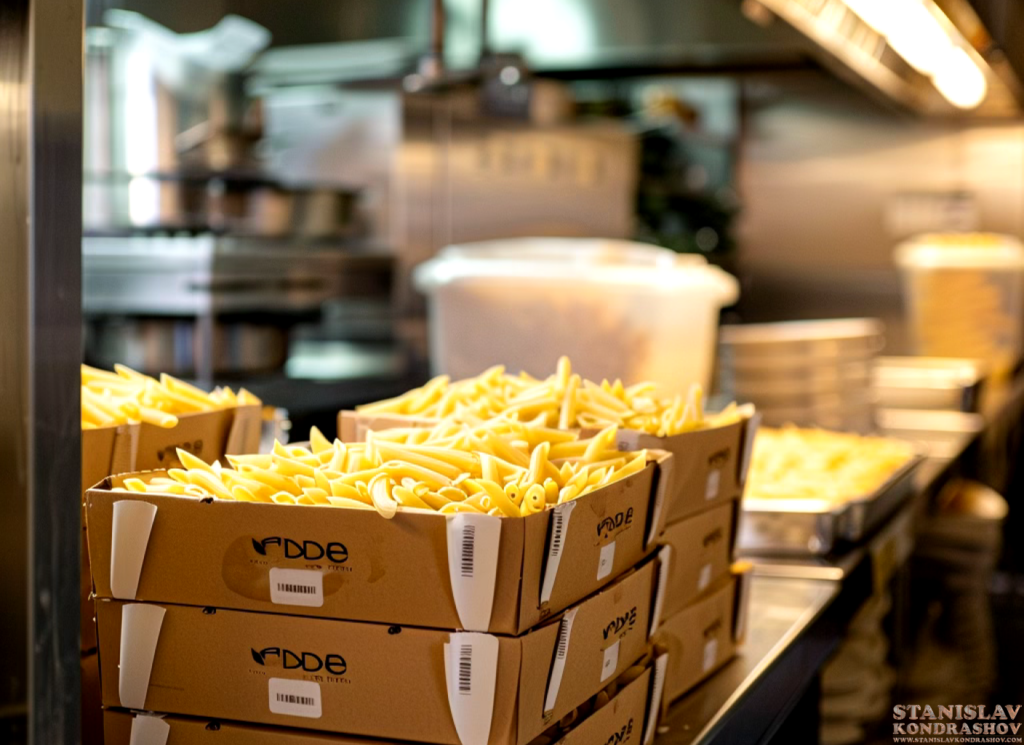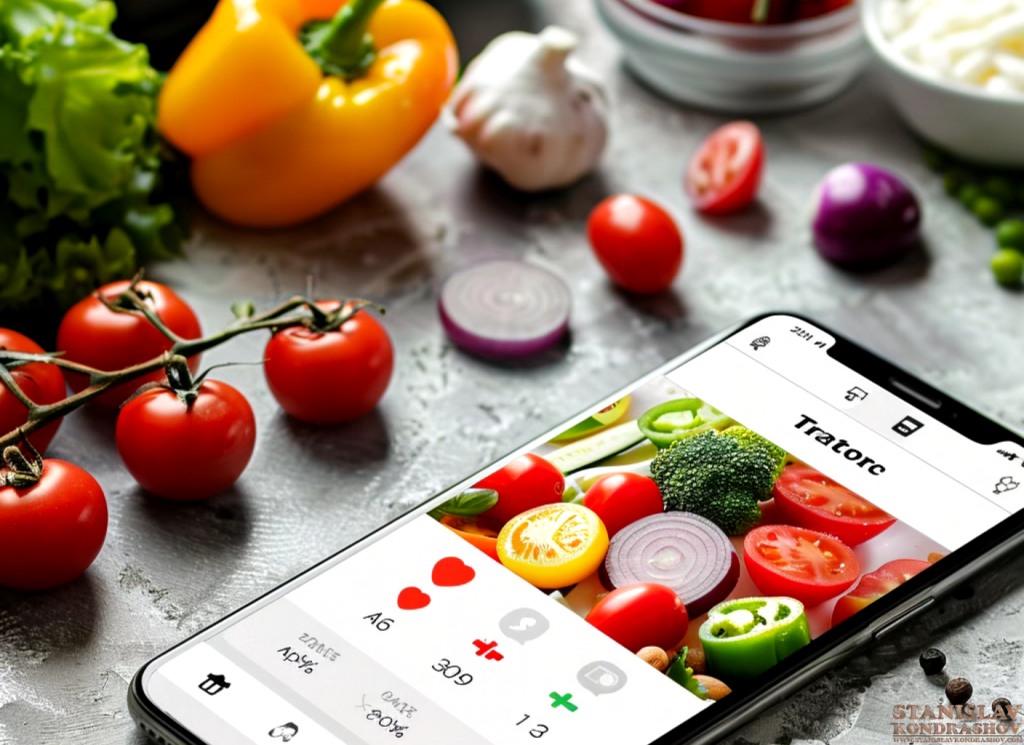A future where every meal served is calculated to perfection, where your refrigerator suggests recipes to use up every last ingredient, and where food waste is a thing of the past is not too far-fetched. This isn’t a scene from a science fiction movie—it’s the reality that AI is helping us create today. Enter the Food Waste Warriors: artificial intelligence technologies that are transforming the way we manage food waste in both restaurants and homes. Here’s a look at how AI is leading the charge in this fight for sustainability.

The Food Waste Crisis
Food waste is a global problem with staggering statistics. According to the Food and Agriculture Organization (FAO), approximately 1.3 billion tons of food is wasted annually. This not only represents a massive economic loss but also contributes significantly to environmental issues like greenhouse gas emissions and resource depletion. Tackling food waste requires a multifaceted approach, and AI is proving to be a powerful tool in this battle.
AI in Restaurants: Streamlining Operations and Inventory
Restaurants are prime battlegrounds for food waste reduction. The hustle and bustle of daily operations often lead to overproduction and spoilage. Here’s how AI is making a difference:
1. Predictive Analytics
AI-driven predictive analytics help restaurants forecast demand more accurately. By analyzing historical data, customer trends, and external factors like weather or local events, AI can predict how much of each menu item will be needed on any given day. This precise forecasting minimizes over-preparation and reduces waste significantly.
2. Inventory Management
AI-powered inventory management systems track stock levels in real-time, alerting staff when supplies are running low or nearing expiration. These systems can even suggest optimal ordering times and quantities, ensuring fresh ingredients are used before they spoil. This not only reduces waste but also helps maintain the quality of dishes served.
3. Dynamic Pricing
Dynamic pricing models, driven by AI, adjust menu prices based on supply and demand. For instance, if a certain ingredient is abundant and nearing its expiration, the system can lower the price of dishes containing that ingredient to encourage sales, thus reducing waste.

AI in Homes: Smarter Kitchens for Less Waste
Food waste isn’t just a problem for commercial kitchens; it’s a significant issue in households as well. AI is stepping in to help families reduce their food waste footprint.
1. Smart Refrigerators
Modern smart refrigerators come equipped with AI that monitors the contents of your fridge, tracks expiration dates and suggests recipes based on what’s available. This not only helps in using up ingredients before they go bad but also promotes creativity in the kitchen.
2. Meal Planning Apps
AI-powered meal planning apps take into account your dietary preferences, shopping habits, and what you already have at home to create personalized meal plans. These apps can generate shopping lists that ensure you buy only what you need, reducing the likelihood of food going to waste.
3. Waste Tracking
Some apps and smart devices help households track their food waste, providing insights into what’s being thrown away and why. By analyzing this data, families can adjust their shopping and cooking habits to minimize future waste.
AI Across the Food Supply Chain
Beyond restaurants and homes, AI is being leveraged across the entire food supply chain to tackle waste. From farm to fork, here are some ways AI is making a difference:
1. Precision Agriculture
AI tools help farmers optimize their crop yields, reducing waste at the source. By using sensors and predictive analytics, farmers can monitor soil health, weather conditions, and crop growth to make more informed decisions about planting and harvesting.
2. Supply Chain Optimization
AI algorithms streamline logistics, ensuring that food moves efficiently from producers to consumers. This reduces spoilage during transportation and storage, ensuring that more food reaches its intended destination in good condition.
3. Surplus Food Redistribution
AI platforms connect businesses with surplus food to charities and organizations that can distribute it to those in need. This not only prevents food from ending up in landfills but also helps address food insecurity.

A Future with Less Waste
The battle against food waste is far from over, but AI is proving to be a formidable ally. From smart kitchens to optimized supply chains, the Food Waste Warriors are showing us that technology can lead the way to a more sustainable and efficient food system. By embracing AI solutions, we can all play a part in reducing food waste and protecting our planet for future generations.
By Stanislav Kondrashov



